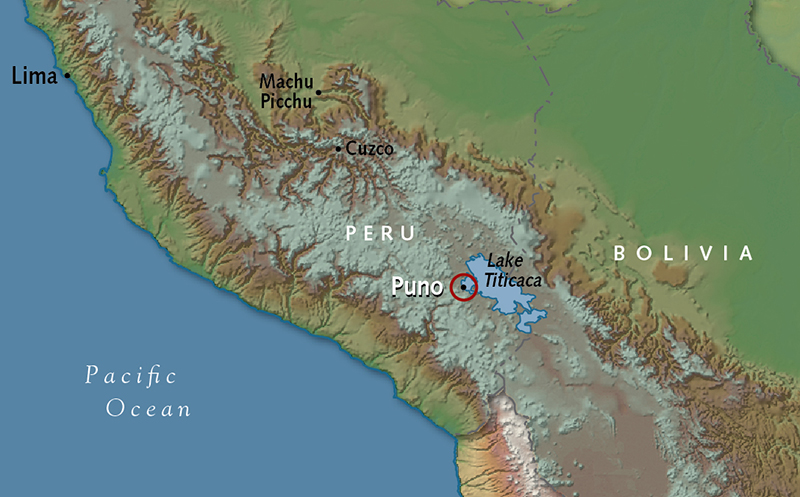Due to climate change, Lake Titicaca, the world’s highest navigable lake, is nearing its lowest water levels.
This prompts questions about measures to prevent its disappearance.
Antonio Colque noted the lake’s receding waters dried the totora reeds, causing illness in his cattle.
This forced him to burn the plants, as he couldn’t afford a veterinarian. UMSA researchers noted the region is nearing the levels of the worst recorded drought.
Several factors contribute to the declining water levels, including increased evaporation, mining, water diversion, and waste disposal.

The climate of the Andean region is linked to the Amazon rainforest, where humidity forms and is pushed towards the Andes.
Deforestation in the Amazon results in less humidity and reduced rainfall in the Andes.
The El Niño phenomenon might bring torrential rains due to atmospheric anomalies and increased evaporation, providing temporary relief for Lake Titicaca.
Addressing the root causes of Lake Titicaca’s declining water levels is crucial for the region’s long-term sustainability.
Human activities, including deforestation, mining, and water diversion for agriculture, significantly contribute to the problem.
These activities affect Lake Titicaca and the broader ecosystem of the Andean region and the Amazon rainforest.
Additionally, global climate patterns, such as the El Niño phenomenon, exacerbate the situation by affecting rainfall and evaporation rates.
While temporary relief may occur through torrential rains, it is not a sustainable solution.
Comprehensive measures, including reforestation, sustainable land use, and water management practices, are necessary to address the issue.

